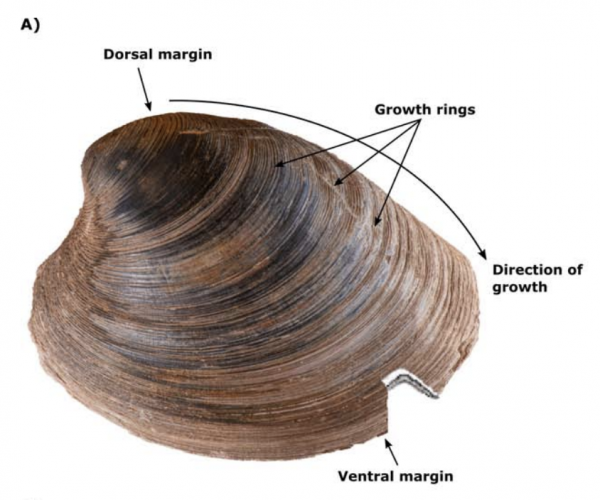U of I Molecular Modeler Jagdish Patel worked with Canadian scientists to screen several common food additives or contaminants. They discovered that the commonly sprayed organophosphate insecticide chlorpyrifos puts the break on the burning of calories in the brown adipose tissue of mice and published their work in Nature Communications in August. Slowing down this burning of calories, a process known as diet-induced thermogenesis, causes the body to store these extra calories in the form of white fat, promoting obesity.
News and Stories
Incorporating Bacteriophage into an Experimentally-Tractable Animal Model System
Project Team: James T. Van Leuven, Emma Altman
The microbial communities colonizing animal guts are highly influential to host health and development. Animal hosts are impacted by the species of microbes present and temporal changes in their abundances, but the forces governing these dynamics are poorly understood. Bacteriophages modulate bacterial community composition through predation. They also facilitate horizontal gene transfer, stimulate the immune systems of animals, and can be used to fight antibiotic-resistant bacterial infections. The inclusion of bacteriophages in microbial ecosystem models and testing of these models is critical to understand how these viruses contribute to microbial community dynamics and evolution, and ultimately, to host health.
The goal of the proposed research is to test the molecular, ecological, and evolutionary roles of bacteriophages in host-associated microbial communities using honey bees and their associated gut bacteria. We will modify and apply models of microbial community dynamics to time-series data collected on bee microbiota and then test these models by perturbing bee microbiomes. This project will benefit from collaborative research across institutions and will boost interdepartmental research at University of Idaho.
Drug Discovery
Working Group leader: Marty Ytreberg
Group members: Matthew Bernards, Jagdish Patel, Paul Rowley, Kris Waynant, Jonathan Barnes, Brenda Schroeder, Leah Frye, Xiang Li, Srinath Pashikanti
Originated: February 2021
Description:
We will be brainstorming ideas on how the U of I can build a center that has a focus on drug discovery. Discussion includes possible focus areas, current expertise, gaps in knowledge/expertise and funding mechanisms.
Paper Explores Use of Shell Material to Gather DNA From Mollusks
This research isn’t associated with IMCI but Christine Parent and Lisette Waits are both IMCI participants and we love touting good news.
Kelly Martin, a biology doctorate student, and two faculty members, including Christine Parent, associate professor in the Department of Biological Sciences, and Lisette Waits, distinguished professor in the College of Natural Resources, jointly produced a paper on mollusk shells that appeared in BioScience, a peer-reviewed science journal published by Oxford University. The paper explores the use of unconventional DNA sources from mollusks, which have the highest number of extinctions of any taxonomic group. Traditionally, mollusk shell material was used for morphological research. Not until recently has it been used in DNA studies. Successful recovery of shell DNA can help answer ecological and evolutionary questions and protect molluscan diversity, according to the paper.

Biology Professor Recognized by Alma Mater for Success, Service and Leadership
Jim Bull is an essential IMCI participant. He is a member of our Internal Advisory Committee (IAC) and participates in several working groups. The U of I is lucky to have him! View the original press release here.
February 17, 2021
College of Science Professor Jim Bull has been recognized as the 2021 Arts and Sciences Distinguished Alumnus by Texas Tech University College of Arts and Sciences, where he earned an undergraduate degree before earning his doctorate from the University of Utah. The award recognizes former teachers and students for their “innovation, community service and leadership, pursuit of excellence, public accountability and diversity.” Jim was also recognized for his “professional success and service to the community and representation of the university” as an “undeniable candidate for this prestigious honor.”
When Jim, an evolutionary biologist, joined the U of I faculty in fall 2019, he was the first National Academy of Sciences (NAS) member to be affiliated with an educational institution in Idaho. He was elected to NAS in 2016. The academy is a nonprofit, private society of scholars charged by Congress to provide the nation objective and independent counsel on scientific and technological matters.
Jim specializes in the evolution of viruses and sex determination. He served on the Science board of reviewing editors for 13 years, chaired the National Institute of Health’s Genetic Variation Evolution Study Section for two years and is an American Academy of Arts and Sciences member.

